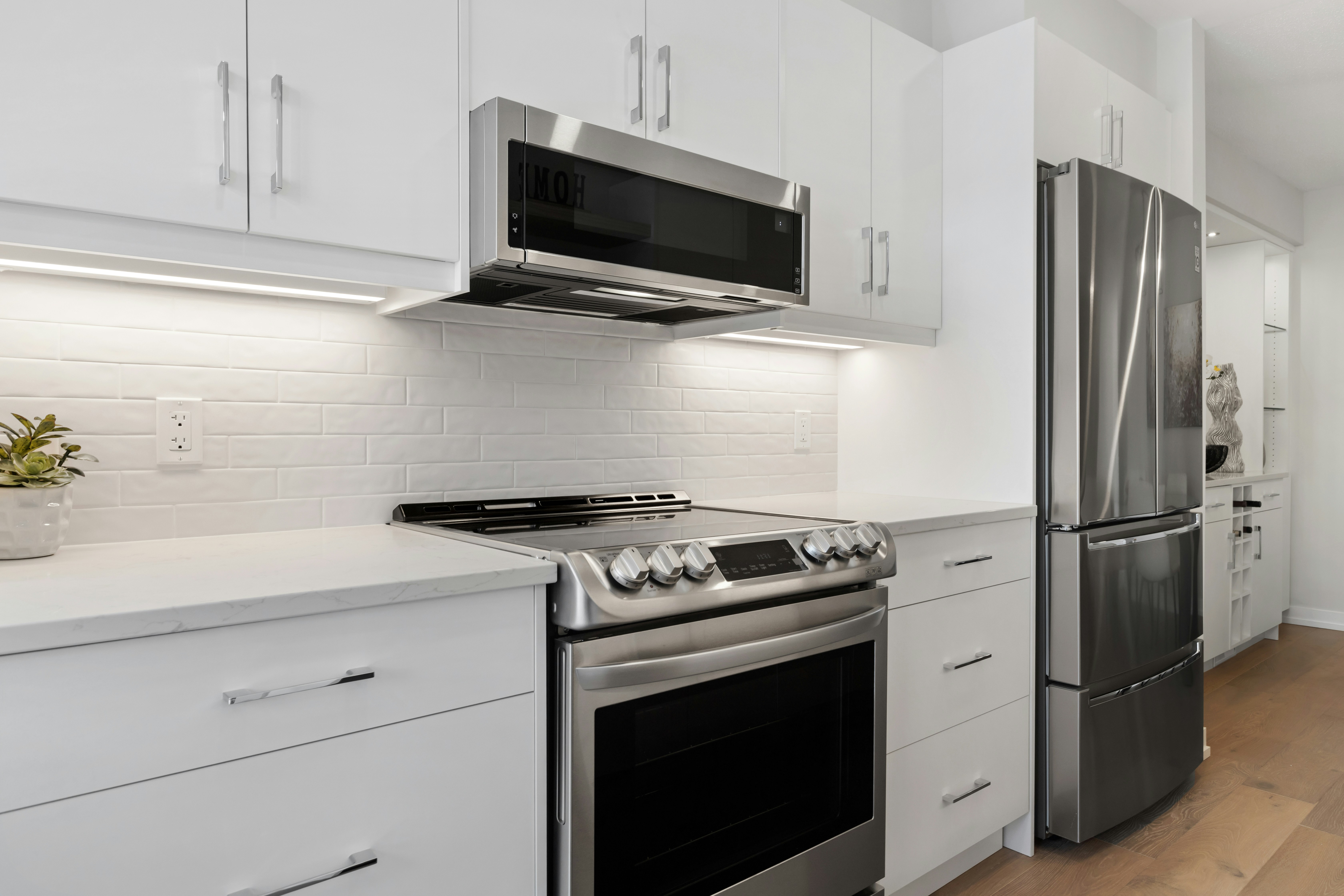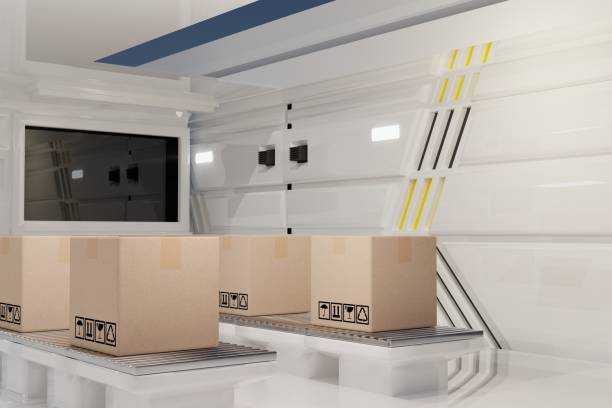Mobile Homes & Trailers: Affordable Housing Solutions for Modern Living
Mobile homes and trailers have become increasingly popular as affordable housing options in recent years. These versatile dwellings offer a unique blend of comfort, flexibility, and cost-effectiveness that appeals to a wide range of individuals and families. From young professionals seeking their first home to retirees looking to downsize, mobile homes and trailers provide an attractive alternative to traditional housing.

These homes come in various sizes and configurations, from single-wide units to spacious double-wide or even triple-wide models. Modern mobile homes are built to strict federal standards, ensuring quality, safety, and energy efficiency. They often feature amenities comparable to traditional houses, including fully equipped kitchens, multiple bedrooms, and modern appliances.
How do residential parks accommodate mobile homes?
Residential parks, also known as mobile home communities or manufactured home parks, are specially designed neighborhoods that cater to mobile homeowners. These communities provide designated lots where residents can place their homes and often offer a range of amenities and services.
Many residential parks feature common areas such as swimming pools, clubhouses, and recreational facilities. They may also provide utilities, landscaping services, and maintenance of common areas. Living in a residential park can foster a sense of community among residents while offering the benefits of homeownership without the high costs associated with traditional real estate.
Why are mobile homes an attractive option for retirement?
Mobile homes have become an increasingly popular choice for retirees looking to maintain an independent lifestyle while downsizing their living space and expenses. There are several reasons why mobile homes are well-suited for retirement:
-
Affordability: Mobile homes generally cost significantly less than traditional houses, allowing retirees to free up capital for other pursuits or to bolster their retirement savings.
-
Low maintenance: The compact size and modern construction of mobile homes often result in lower maintenance requirements and costs compared to larger, older houses.
-
Community living: Many residential parks cater specifically to seniors, offering age-restricted communities with amenities and activities tailored to retirees.
-
Location flexibility: Retirees can choose to live in mobile home communities in desirable locations, such as warm climates or near family, without the high costs associated with traditional housing in these areas.
-
Single-level living: Most mobile homes are designed with single-level floor plans, making them ideal for seniors with mobility concerns.
How do mobile homes contribute to affordable housing solutions?
In an era of rising housing costs and limited affordable options, mobile homes play a crucial role in providing accessible housing solutions for many individuals and families. The affordability of mobile homes stems from several factors:
-
Lower purchase price: Mobile homes typically cost a fraction of the price of traditional houses, making homeownership more attainable for those with limited budgets.
-
Reduced land costs: Since mobile homes can be placed in residential parks or on rented lots, buyers can avoid the high costs associated with purchasing land.
-
Energy efficiency: Modern mobile homes are built with energy-efficient materials and systems, leading to lower utility costs for residents.
-
Financing options: While traditional mortgages may not always be available for mobile homes, there are specialized financing options designed specifically for manufactured housing.
-
Property tax savings: In many areas, mobile homes are taxed differently than traditional real estate, potentially resulting in lower property tax burdens for owners.
What are the benefits of downsizing to a mobile home or trailer?
Downsizing to a mobile home or trailer can offer numerous advantages for individuals and families looking to simplify their lives and reduce their expenses:
-
Lower housing costs: Smaller living spaces generally translate to lower mortgage or rent payments, as well as reduced utility and maintenance expenses.
-
Simplified lifestyle: A more compact living space encourages decluttering and minimalism, leading to a less stressful and more organized life.
-
Increased flexibility: Mobile homes and trailers offer the potential for relocation, allowing residents to move more easily for job opportunities or lifestyle changes.
-
Reduced environmental impact: Smaller homes typically have a lower carbon footprint due to decreased energy consumption and resource usage.
-
More free time: Less space to maintain means more time for hobbies, travel, and other pursuits.
-
Financial freedom: Lower housing costs can free up resources for savings, investments, or experiences that enhance quality of life.
How do costs compare between mobile homes and traditional housing?
When considering mobile homes as an affordable housing option, it’s essential to understand how their costs compare to traditional housing. While prices can vary significantly based on location, size, and amenities, here’s a general comparison:
| Housing Type | Average Purchase Price | Monthly Lot Rent | Utilities | Property Taxes |
|---|---|---|---|---|
| Mobile Home | $50,000 - $100,000 | $300 - $800 | $100 - $200 | $300 - $1,000/year |
| Traditional House | $200,000 - $400,000 | N/A | $150 - $300 | $2,000 - $4,000/year |
Prices, rates, or cost estimates mentioned in this article are based on the latest available information but may change over time. Independent research is advised before making financial decisions.
While mobile homes generally offer significant savings in terms of purchase price and ongoing costs, it’s important to consider factors such as depreciation, financing options, and potential restrictions on placement when making a housing decision.
In conclusion, mobile homes and trailers represent a viable and increasingly popular option for affordable housing. Whether for retirees looking to downsize, young families seeking their first home, or individuals prioritizing financial flexibility, these versatile dwellings offer a unique combination of affordability, community, and modern living. As housing markets continue to evolve, mobile homes are likely to play an essential role in addressing the need for accessible and cost-effective housing solutions.






